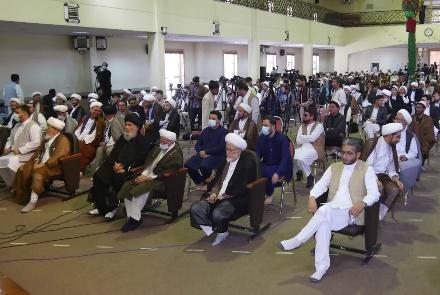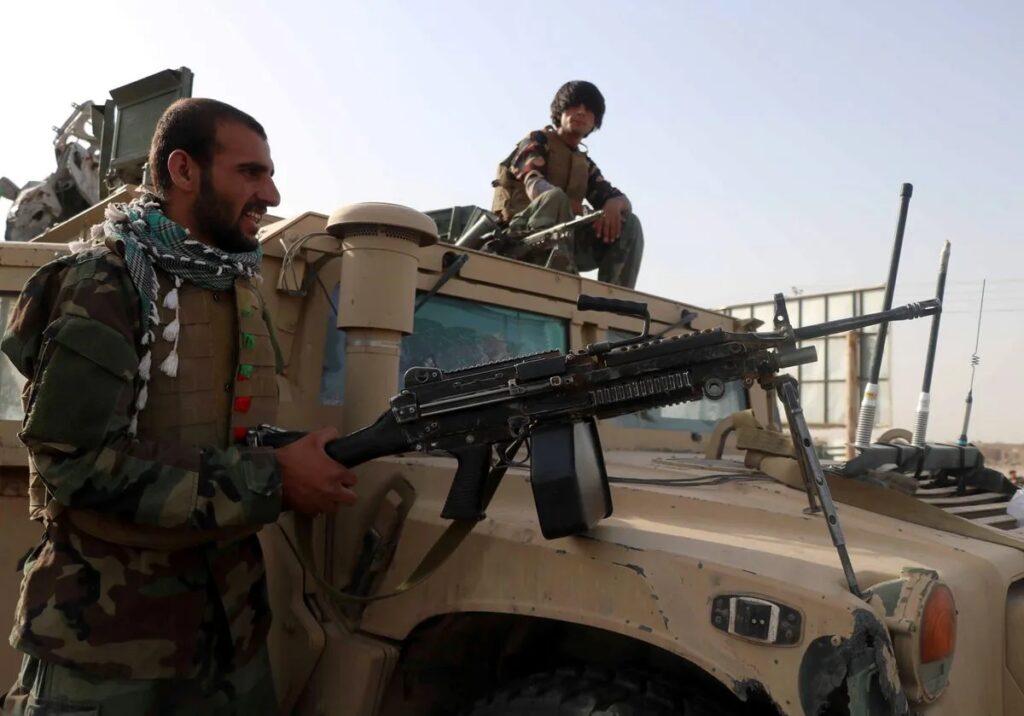Abstract
Although a significant body of literature in the field of International Relations has emerged over the past decade proclaiming the coming end of American primacy – whether due to American decline, the rise of China and other emerging powers, or a combination of both – this article argues that when considered objectively, the United States’ primacy and position as the arbiter of the international order is safe for the time being. Despite apparent cracks in the so called liberal international order, especially since the election of Donald Trump in late 2016, this article argues that due to the United States’ privileged financial position, the liberal international order remains largely resolute and continues to privilege the United States over the rest. However, this article argues that the growth of cryptocurrencies potentially undermines American primacy because it threatens the privileged position of the US dollar as the unchallenged global reserve currency. Independent cryptocurrencies, due to their privacy and decentralization, operate beyond the scope and power of the state, giving them the potential to be counter-hegemonic. Furthermore, potential revisionist states – especially China or Russia – may try and weaponize cryptocurrencies to challenge the United States. While this article acknowledges the volatility of independent cryptocurrencies and the inherent limitations of state-backed ones, it is argued that, regardless, the technological revolution they are precipitating is disruptive and should eventually undermine and change the international financial system. This, in turn, could hasten the decline of the United States from its current prime position and arbiter of the international order.




